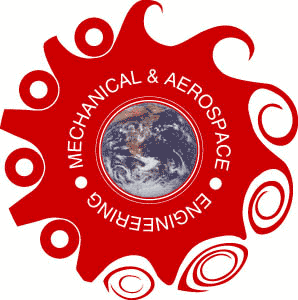Lab Links
Projects
Participants
Publications
Collaborators
Alumni
Links
Lead Investigators
Paul Dawson
prd5@cornell.edu
Matt Miller
mpm4@cornell.edu
Contact Us: webadministrator
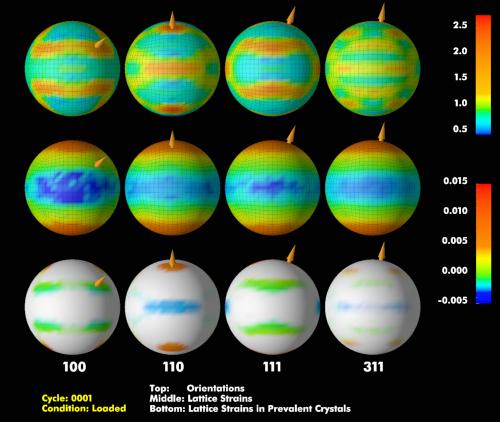 The focus of our research in the Deformation Processes
Laboratory is on quantifying our understanding of the
link between the structure of engineering materials and
their performance in design applications. Our work
includes the development of both experimental and simulation
techniques, with special attention to coordinating the
two to best reach our objectives.
We work primarily on polyphase engineering alloys that
have application as structural materials in airframes,
ships, automobiles and engines. Critical properties, ranging
from stiffness to strength to failure, stem from the crystalline
structure of these alloys. Establishing a quantitative
connection between the structural features at this scale
and the macroscopic properties is vital to most effectively
using them.
Our methodologies attempt to build these connections.
The focus of our research in the Deformation Processes
Laboratory is on quantifying our understanding of the
link between the structure of engineering materials and
their performance in design applications. Our work
includes the development of both experimental and simulation
techniques, with special attention to coordinating the
two to best reach our objectives.
We work primarily on polyphase engineering alloys that
have application as structural materials in airframes,
ships, automobiles and engines. Critical properties, ranging
from stiffness to strength to failure, stem from the crystalline
structure of these alloys. Establishing a quantitative
connection between the structural features at this scale
and the macroscopic properties is vital to most effectively
using them.
Our methodologies attempt to build these connections.
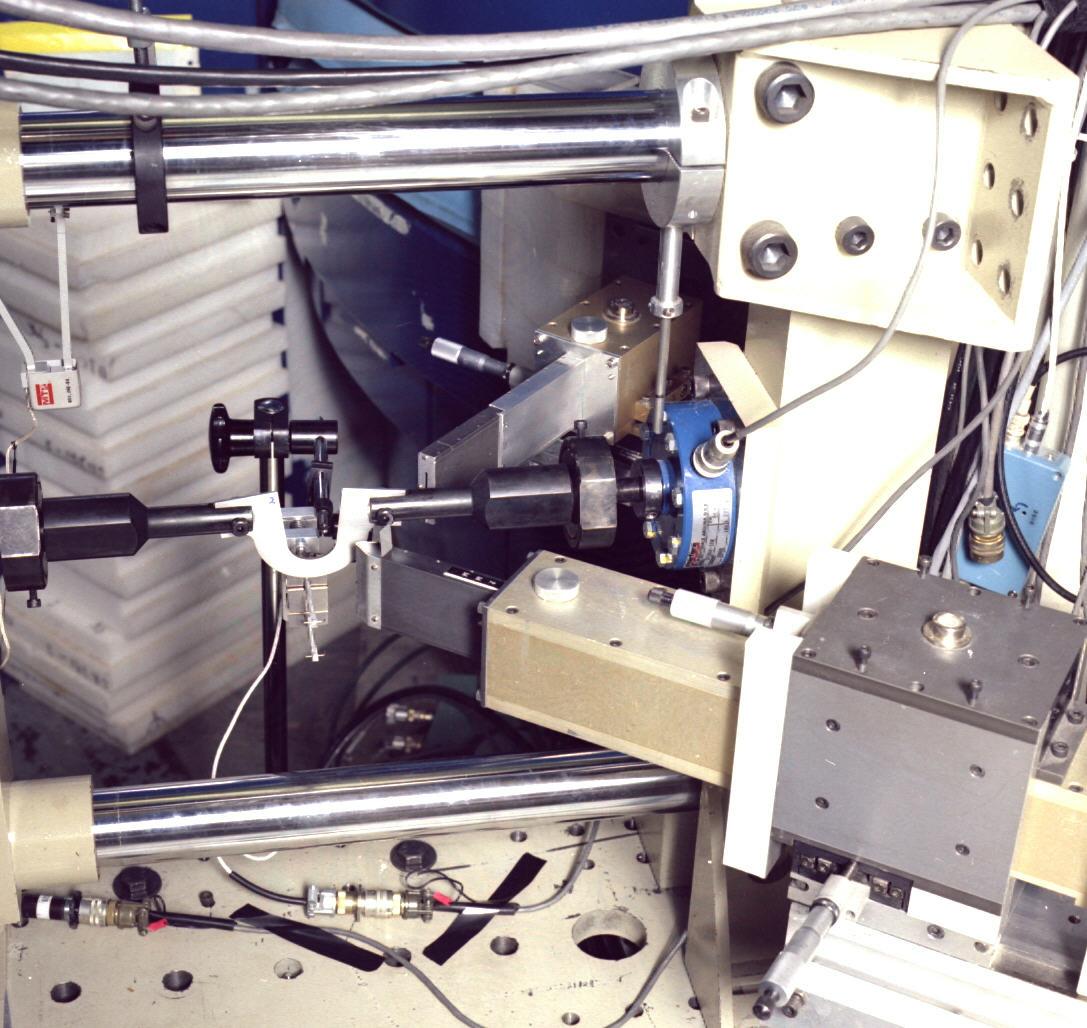
The modeling tools we are developing include ones to
represent the material structure and to simulate the
mechanical response of samples of the material to both
static and cyclic loading. We concentrate on finite element
methods that explicitly represent the crystalline structure
and compute properties from it. The experimental methods
under development involve the use of x ray and neutron diffraction
as a means to measure responses at the crystal level.
Mechanical loading is applied in situ so that response are
interrogated while the deformation processes are ongoing.
The ability to both model materials from the crystal scale
and to measure their behaviors at the corresponding level
provide unique opportunities to advance our understanding
of the relation between properties and structure.
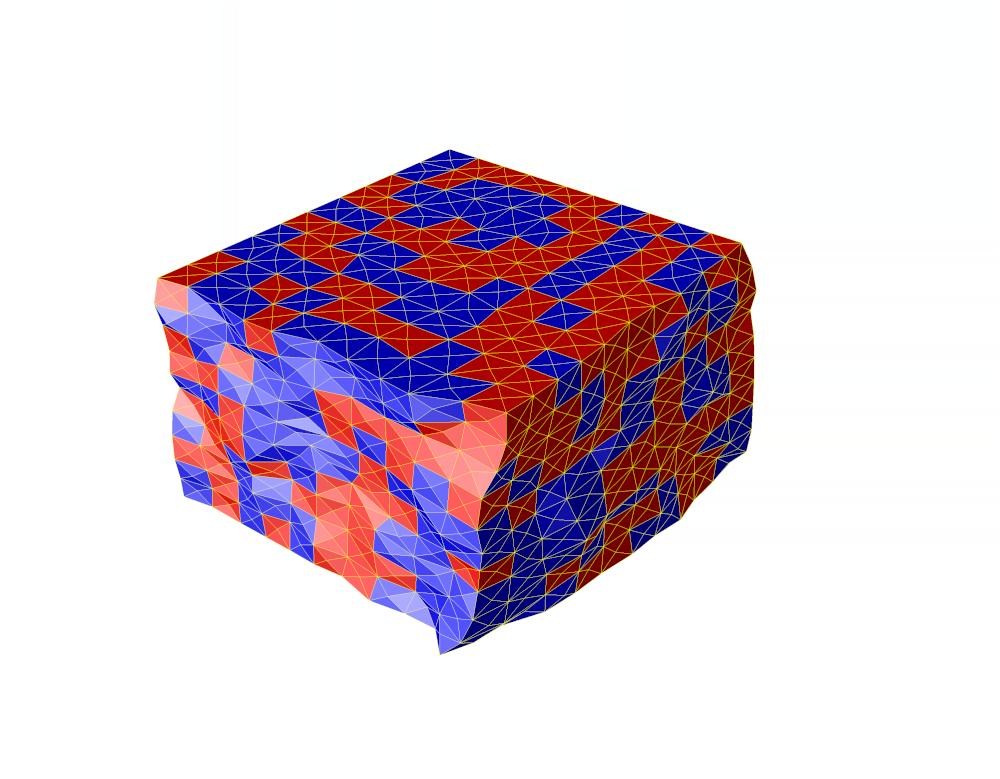
We also apply our simulation and experimental tools to several forming processes. Structural alterations can be the intended outcome of processing or can be the inevitable result of processes carried out for other reasons. In either case, processing is a key element in modifying the structure that eventually determines properties. We have been developing methods for analyzing the thermomechanical histories in bulk forming and sheet forming processes. In addition we are particularly interested in solid state joining processes, such as friction stir welding, where the combined influences of high temperature and severe deformation provide major challenges for our tools.
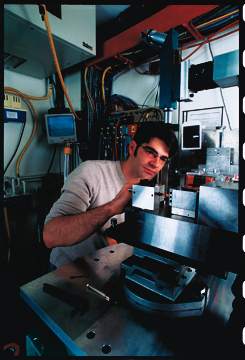 Check out the links on the
sidebar to explore our program:
Check out the links on the
sidebar to explore our program:
Projects: Brief summaries of the major research projects in the lab, with links to pdf reports
Participants: Names and information on the faculty, staff and students involved in the lab
Publications: Bibliography of important papers that resulted from our research
Collaborators: Facilities at Cornell and other research centers that help with our work
Alumni: Previous doctoral students, post-doctoral research associates and visitors to the lab
Links: Information on the graduate student program and student life in Ithaca
